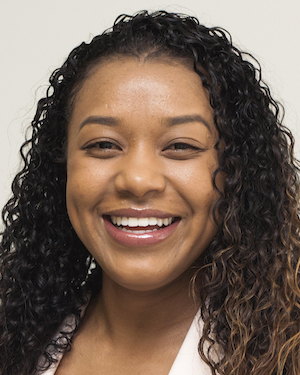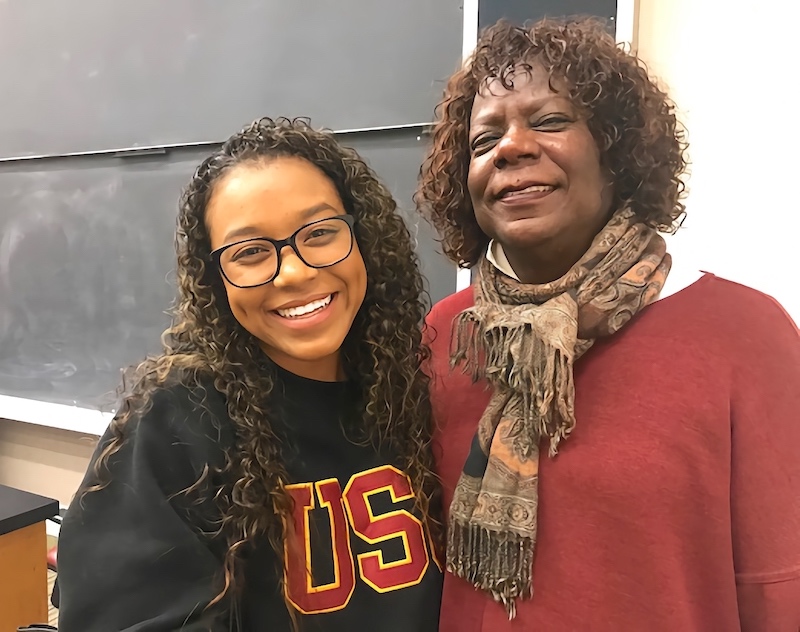Culturally-Informed Healthcare: Modifying treatment to match the needs of the community.

April 1, 2019
by Serena
One of the many benefits of attending USC’s OT program is having the ability to attend other healthcare department’s events. Ms. Gwendolyn Flynn, the former policy director of the Community Health Council, presented at USC at an event hosted by USC’s Lifestyle Medicine Interest Group and USC’s Student National Medical Association (SNMA). Although the groups are apart of the medical school, the students welcomed me to join the presentation as an occupational therapy student.
She spoke on the health inequities experienced within the Black communities due to the inaccessibility of whole plant-based foods. She highlighted the higher rates of lifestyle related chronic conditions in the Black community such as obesity and high blood pressure. In addition, she presented information on the food deserts (now more accurately called food apartheids) found in urban communities such as higher rates of liquor stores and lower frequencies of supermarkets with fresh produce. At the end of her presentation she made 5 recommendations for healthcare professionals to address this issue, which I have listed below.
- Emphasize disease prevention and wellness programs.
- Partner with local community organizations (i.e., Healthy Food Zones) in order to advocate for policy change. If you are unable to join then write letters, set up a meeting, or make a public testimony to show that this change matters because your voice is influential.
- Promote nutrition education classes/ workshops in order to make the knowledge more applicable to patients’ everyday lives.
- Write food and exercise prescriptions to change lifestyle (i.e., a prescription to go to the gym). I would like to add to make that prescription something meaningful and doable, think SMART goal.
- Give out recommendations such as books and documentaries while in practice to help inspire and further educate your clients on the benefits of lifestyle changes.

Ms. Gwendolyn Flynn, the former policy director of the Community Health Council, presented at USC at an event hosted by both USC’s Lifestyle Medicine Interest Group and USC’s Student National Medical Association (SNMA).
It was really motivating and inspiring to receive information on specific actions that I can take to combat the increase of chronic conditions within my own culture. As I come closer to gaining my OT license, I am looking forward to the ability to serve the community with the recommendations the community has given me and then combining it with my educational, volunteer, and life experiences.
⋯
Next by tag Diversity ⟩
⋯





